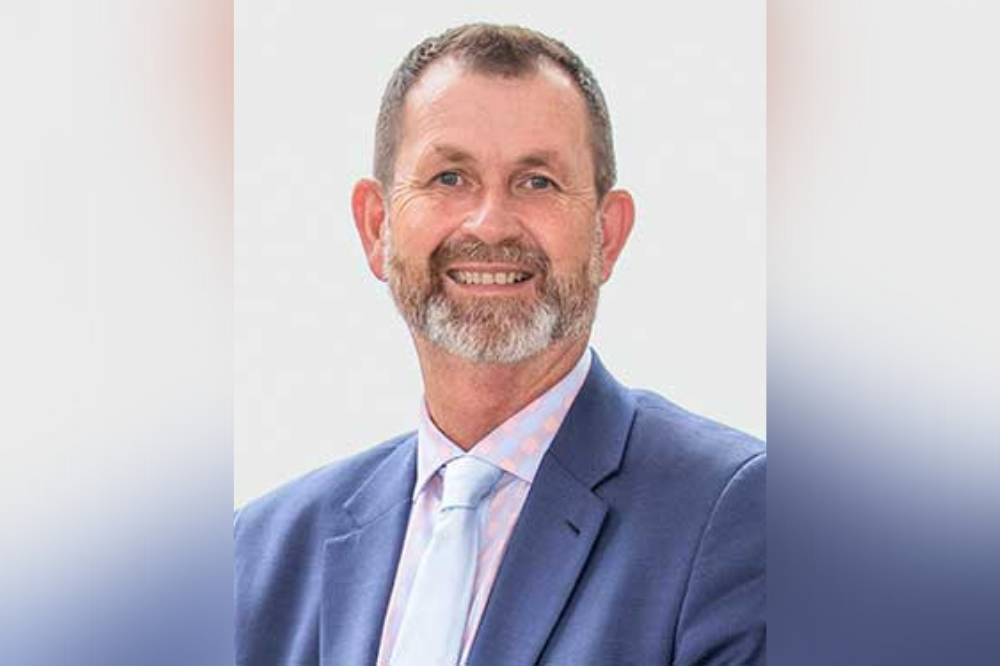
Lindisfarne Anglican Grammar School believes that education involves multiple aspects of child development, including academic, social, and spiritual. In this interview, the school’s principal, Stuart Marquardt, defines his inclusive approach to education and highlights the importance of developing each student’s “unique potential” despite differences in children’s pace of learning.
Recognised as School Principal of the Year in the non-government category of the 2021 Australian Education Awards, Marquardt encourages every student to embrace learning not only in the classroom but, more importantly, beyond it.
“We believe that, yes, we must have great academic programs that build the intellectual capacity of young people,” he says. “But we must have sporting [and physical development] programs, … a cultural program across the arts, drama, dance, for example, [which] helps young people to grow and develop a focus on leadership and personal and spiritual development. They all matter.”
In addition to pedagogical development, another one of Marquardt’s accomplishments as principal was an audit of the school’s culture, which revealed the entire community’s views about Lindisfarne being “too inwardly focused,” not having a global perspective, and having a “no culture” that immediately rejected suggestions for improvement. These findings, he says, have become the starting point for changing the school council’s point-of-view on everything from “the curriculum to assessment to community engagement to parent involvement”. Marquardt has also addressed the need for “standards, collaboration and leadership as cultural drive” at all school levels. Considering such standards, the school has introduced a “culture of yes,” characterised by openness to new ideas, even those that may be applicable only at a later time.
Marquardt has also paid attention to improvements needed in school facilities and infrastructure, as well as reinforcing Lindisfarne’s role nationally and globally. To achieve a global perspective, Lindisfarne joined the Round Square alliance, an international association of 200 schools which share the “common ideals of internationalism or globalisation, … democracy, environmentalism or sustainability, … adventure, leadership and service.”
Further emphasising the concept of learning beyond the classroom, Marquardt says: “[In] the bigger picture of education is helping young people to develop good judgment, to contribute to the world at the local, national and international level [and] help leave the world better than they found it... That will help develop the capacity to solve the complex problems that we face in our world today and to live lives of purpose beyond our school.”
Amidst the challenges of the pandemic, Marquardt kept the Lindisfarne community focused on its goals through teamwork and flexibility, and by implementing an effective technology program and learning platform. Every student had access to high-quality online learning and the resources needed for various courses. The school also practised a “three-way partnership” among the students, teachers and parents, ensuring that the communication was “positive, constructive [and] reassuring”.
In 2022, Lindisfarne aims to maintain its Anglican identity while putting in place programs geared towards developing young people’s gifts and talents. Other priorities are teacher and staff development, along with building the learning organisation’s capacity by employing professionals at different stages of their careers. The school is also working on a reconciliation action plan to deepen its connection with the Bundjalung community and inspire young people to strengthen their relationships with First Nations.


